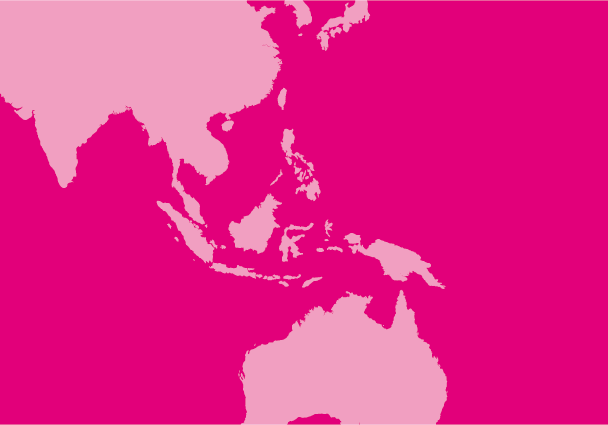
Jan 1, 1992
On 12 November 1991, Indonesian security forces killed more than 50 unarmed civilians at a cemetery in Dili, East Timor. They were marching to the grave of a young Timorese man killed by security forces o n 28 October 1991.
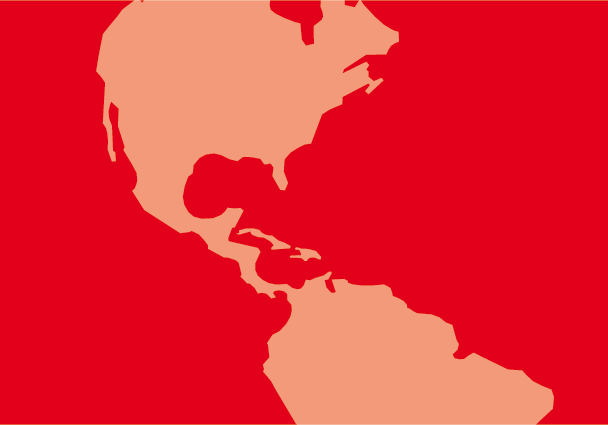
Jan 1, 1992
In 1978, the ICJ’s Centre for the Independence of Judges and Lawyers was created with the aim of promoting judicial and legal independence throughout the world as a prerequisite for the legal protection for human rights.
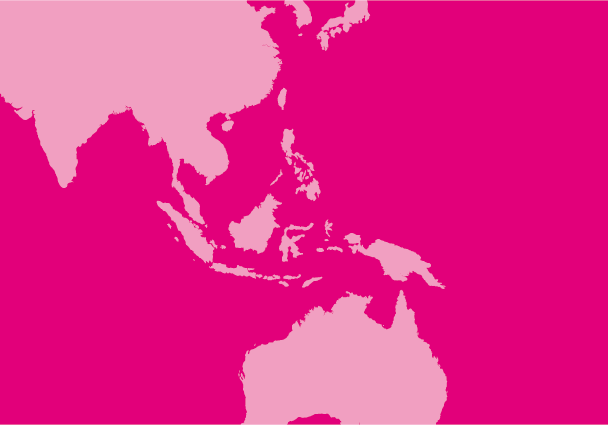
Dec 1, 1991
The mission was undertaken by Makhdoom Ali Khan, Pakistan.
The report contains:
- Abbreviations and Terms, Preface, Map
- Chapter 1: Introduction
- Chapter 2: 1947-1991: A Historical Summary
- Chapter 3: The Rule of Law and the Legal System
- Chapter 4: Human Rights Violations
- Chapter 5: The Environment and the Economy
- Conclusions and Recommendations
From the Conclusions and Recommendations: “Neither under the general principles of law nor the constitutional law of Myanmar has SLORC any right to hold power after the people have expressed their wishes in favour of a NLD Government. Continued SLORC rule also violates Article 21(3) of the Universal Declaration of Human Rights, which declares that the will of the people as expressed in a genuine election shall be the basis of the authority of government. Though there is little chance of a transfer of power to the democratically elected representatives of the people in the near future, the international community cannot turn a blind eye to the excesses of SLORC and turn its back on the people of Myanmar.”
Myanmar-Burmese way-fact-finding report-1991-eng (full text in English, PDF)
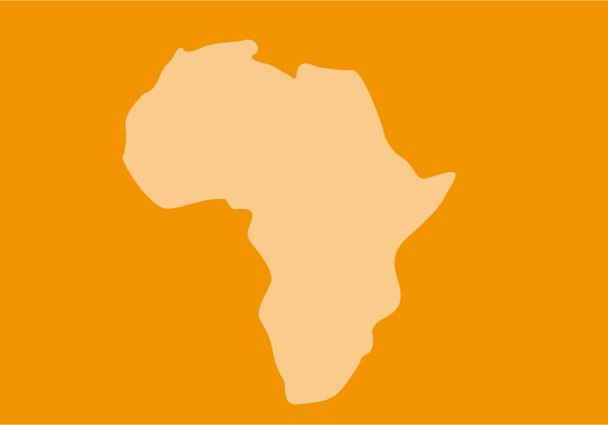
Nov 1, 1990
La CIJ a chargé Me Reed Brody “d’assister en qualité d’observateur … au procès disciplinaire … devant la Cour d’Appel (de la République Centrafricaine) de Me Nicolas Tiangaye, de “recueillir toutes informations utiles à la connaissance de cette affaire”, et de faire ensuite un rapport.
Me Nicolas Tiangaye était accusé d’avoir violé les règles de la profession lors d’une plaidoirie.
Me Brody s’est donc rendu en République Centrafricaine du 6 au 11 octobre pour participer au procès en tant qu’observateur. Sur place, il s’est entretenu avec le Ministre de la Justice, M. Christophe Grelombé, le Procureur général près la Cour d’Appel, le Président de l’Assemblée des Avocats-Défenseurs de la République Centrafricaine, Me Tiangaye et d’autres avocats centrafricains.
CAR-diciplinary proceedings of nicolas tiangaye-trial observation report-1990-fra (full text in French, PDF)
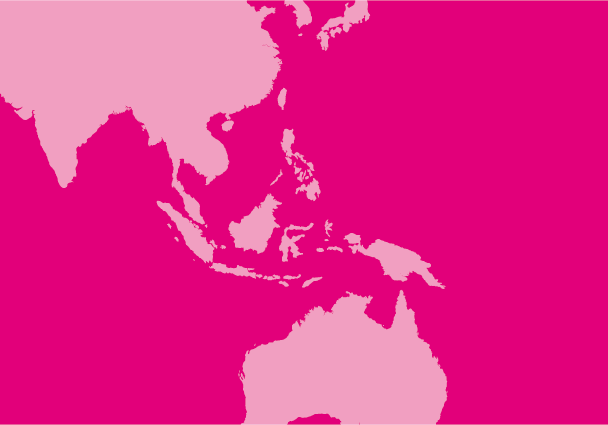
Aug 1, 1990
On 18 February 1990 Richard de Zoysa, a 31 year old journalist, was abducted from his home near Colombo in Sri Lanka in the early hours of the morning by a group of men. His body was found in the sea on 19 February. He had been shot.
A magisterial inquiry into the killing was instituted shortly afterwards. About three-and-a-half months later Mr de Zoysa’s mother, Dr Manorani Saravanamuttu, who had been present at the abduction, claimed to have identified one of the abductors as Senior Superintendent of Police Ronnie Gunasinghe when watching a television news broadcast on which he had appeared.
The police authorities declined to arrest Mr Gunasinghe. Public concern about the killing had, meanwhile, been growing nationally and internationally. Both Dr Saravanamuttu and the lawyer she had instructed to represent her interests at the inquiry received death threats over the telephone and in writing.
Following representations made to Justice, the British section of the International Commission of Jurists, the ICJ decided to send an observer to witness the later stages of the magisterial inquiry. Mr. Anthony Heaton-Armstrong was appointed as its representative on 20 June 1990.
Sri Lanka-homicide of richard de zoysa-fact finding mission report-1990-eng (full text in English, PDF)









